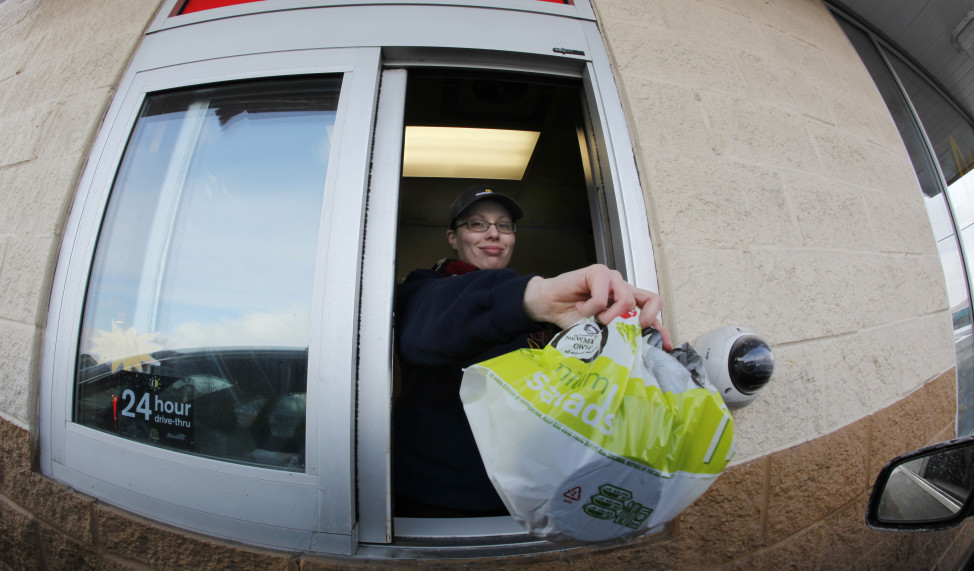
FILE – A fast food worker hands a patron a salad at the drive up window in Williamsville, New York. (AP Photo)
The majority of minimum-wage earners in the United States are women, and those at the very bottom of the wage scale tend to be young, single, part-time restaurant workers without a high school degree who live in the South.
According to a Bureau of Labor Statistics study, 62.8 percent of all workers who earned the minimum wage or less in 2014 were women, while about 37 percent were men.
The report comes at a time when workers across the United States are fighting for a higher minimum wage. The current federal minimum wage is $7.25 per hour. Republicans in Congress have repeatedly blocked efforts to raise the federal minimum wage, saying such a move would hurt businesses, destroy jobs and boost the cost of goods and services, while not helping to address the underlying causes of poverty.
However, the majority of U.S. states already have minimum wages that are higher than what Congress requires. There’s a plan in effect in the city of Seattle to increase the minimum wage to $15 over time and the city of Los Angeles is planning to boost the hourly minimum wage from $9 to as much as $15.25 over the next few years.
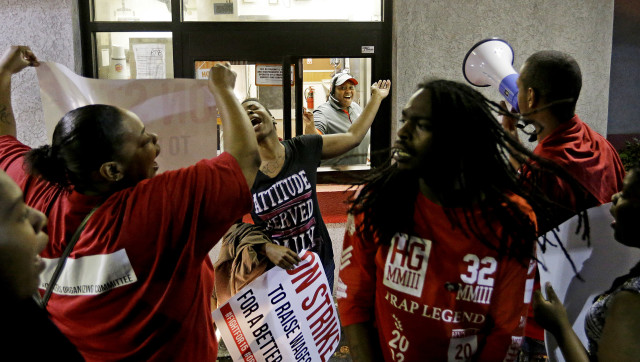
Workers protest at a Burger King restaurant in College Park, Georgia, calling for the federal minimum wage to be raised to $15, April 15, 2015. (AP Photo)
The founder and CEO of a Seattle, Washington-based credit and gift card processor made national news when he recently announced he would take a pay cut in order to pay all of his workers an annual minimum wage of $70,000.
However, despite those changes, there were still almost 3 million people who earned minimum wage or less in the United States in 2014. Nearly half of those people were under the age of 25.
There were no major differences based on race or ethnicity; about 4 percent of white workers and black workers earned the federal minimum wage or less. Among Hispanic, Latino and Asian workers, the percentage was about 3 percent.
Although raising the minimum wage is a contentious issue in Congress, that does not appear to be the case with average Americans. A recent poll shows a majority of Americans — 75 percent — approve raising the minimum wage to $12.50 by 2020. According to the survey, the majority of Democrats, Republicans and Independents favor the increase. Sixty-three percent of respondents favored an increase to $15 per hour by 2020.
The hourly minimum wage requirements don’t apply to all workers. Independent contractors, farm workers, employees who earn tips, young workers and student workers are among those who don’t necessarily earn the minimum wage.


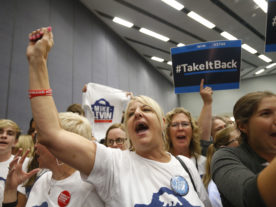





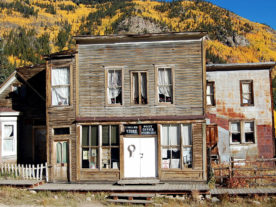
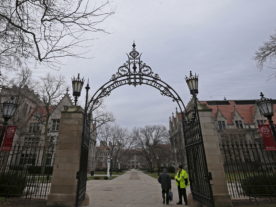







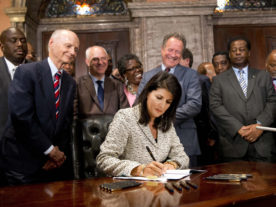




I do not understand why the GOP does not approve of a higher mínimum wage. Why the big corporations do not try to improve the salaries in US, at least to see what would happen, and not feed the same excuses such as that it is counter to common sense and it will only hurt. Perhaps it is not good for them, big corporations, making workers work extra hours without pay, like Walmart. We know that people need to work, but they should work like in the past, only 8 hours, 5 days, and with a just salary, and if they work extra, they should be paid extra according to the law, no more no less. There needs to be a rearrangement, to the salaries that are paid to to the lowest tier of workers, but in order to improve them, not the contrary. Obama, taking the cause of the downtrodden, is being accused of socialist, and what not. I think he is sensible enough to the cause of the poor, because he experienced first hand what it is to be a part of a minority, and in spite of the huge odds, he became the first black president of the US.